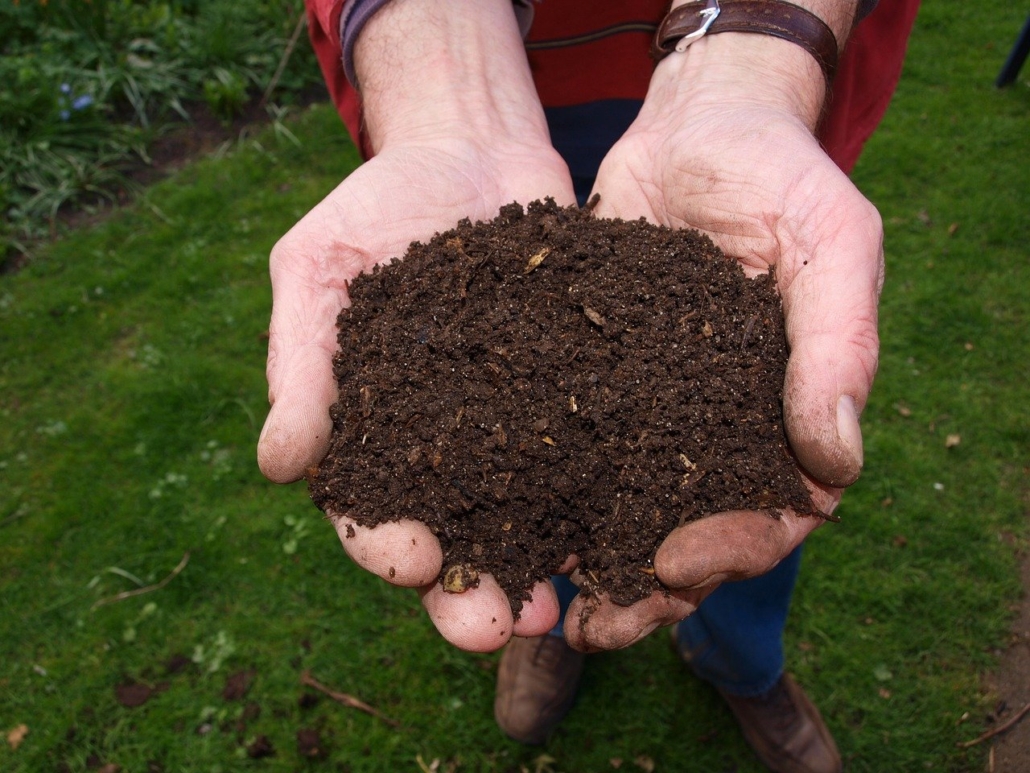Compost for a better future
 With the holidays upon us, now is the perfect time to begin composting. Food waste is a major issue in the United States and composting is a great way to combat this. According to the Maine Organic Farmer and Gardeners Association (MOFGA), composting “recycles and converts nutrients and provides a product that improves the soil.” Particularly in our area, where many people have their own gardens, compost can be used to fertilize. This both saves money and keeps the gardening process at an even more local level. Composting is also a great way to educate children about biological processes during this time of online learning.
With the holidays upon us, now is the perfect time to begin composting. Food waste is a major issue in the United States and composting is a great way to combat this. According to the Maine Organic Farmer and Gardeners Association (MOFGA), composting “recycles and converts nutrients and provides a product that improves the soil.” Particularly in our area, where many people have their own gardens, compost can be used to fertilize. This both saves money and keeps the gardening process at an even more local level. Composting is also a great way to educate children about biological processes during this time of online learning.
There are two ways in which to compost: individual and large scale. Individual composting requires no outside help and can be done relatively easily from the comfort of your own home. In order to compost at an individual level, you just have to save your food scraps, dump it into a compost bin, lay twigs or straw on the pile, and mix around often. EcoMaine has a great video of the step-by-step process on their website. According to EcoMaine, this form of composting (which they call “backyard composting”) is the simplest way to compost. They highlight the cost-saving benefits at both an individual and local level.
Individuals save money on trash bags and towns save money on trash collection and hauling. A win-win situation! My family has a compost bin and we have discovered that it makes us more self-conscious about how much food we’re throwing out. Rather than dumping food straight into the trash can, seeing all of our food piled up in the compost bin helps us visualize our waste. And composting isn’t limited to just food waste. We also compost sawdust and brush, which is a great way to revitalize waste from any yard cleanup project. My father is particularly excited that he can use low-impact forestry practices when cutting firewood by leaving branches and small treetops in small sections, composting the debris back into the soil.
While backyard composting is a way to provide small scale solutions to food waste and soil nutrient issues, large scale composting provides even greater benefits. Like backyard composting, large scale composting is an easy way to get rid of food waste and other debris. This type of composting allows you to get rid of your waste in a sustainable way without needing to use the compost yourself. According to the EcoMaine website, EcoMaine has drop off locations in southern Maine. The compost from these drop-off locations goes directly to Stonyvale Farm, in Exeter. (Editor’s note: Large scale composting is available at the town of China transfer station.)
Composting not only has individual benefits, as I’ve described, but is a way to create more sustainable practices in our area and has benefits beyond the individual level. In the context of climate change, we need to do more to protect the planet. Composting creates more self- sufficiency, cuts carbon emissions by limiting the amount of waste that needs to be transported, and encourages environmental consciousness. If you’re looking for a way to create a more sustainable planet for the future, composting is a great place to start.
by Sarah Corkum, Chelsea resident and Bowdoin College student.
Responsible journalism is hard work!
It is also expensive!
If you enjoy reading The Town Line and the good news we bring you each week, would you consider a donation to help us continue the work we’re doing?
The Town Line is a 501(c)(3) nonprofit private foundation, and all donations are tax deductible under the Internal Revenue Service code.
To help, please visit our online donation page or mail a check payable to The Town Line, PO Box 89, South China, ME 04358. Your contribution is appreciated!


Leave a Reply
Want to join the discussion?Feel free to contribute!